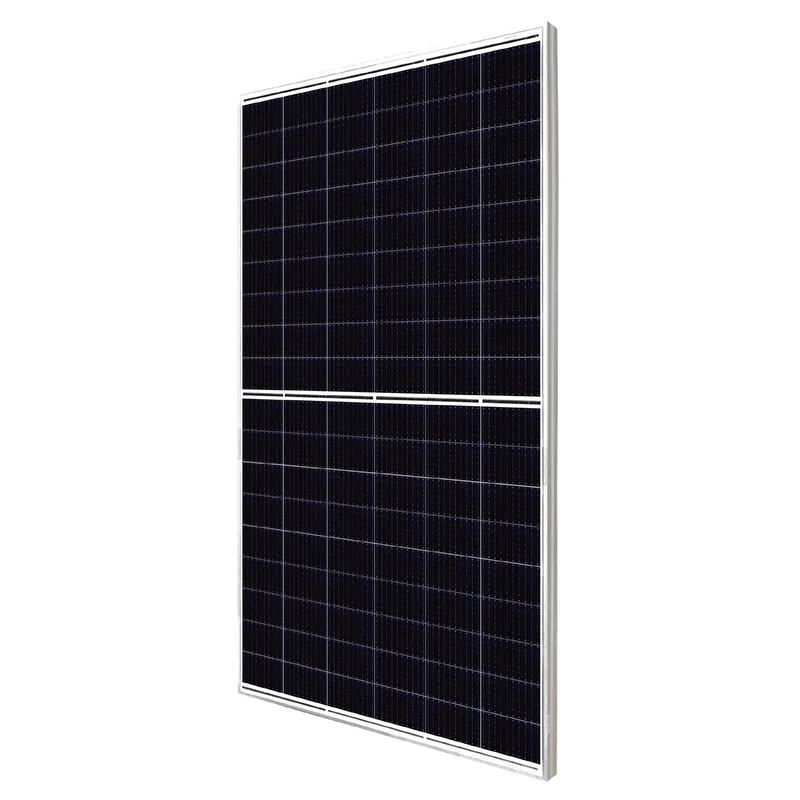Three Phase 10kW Inverter for Efficient Renewable Energy Solutions and Power Management Systems
Understanding the 3-Phase 10kW Inverter A Key Component for Efficient Power Management
In the realm of modern electricity management, the 3-phase 10kW inverter stands out as a critical component in various industrial and commercial applications. Its ability to convert DC (direct current) from renewable energy sources, such as solar panels, into AC (alternating current), which is required for most electrical appliances, plays a significant role in enhancing energy efficiency and sustainability.
What is a 3-Phase 10kW Inverter?
A 3-phase inverter is designed to handle three alternating currents that are offset from each other by 120 degrees. This configuration is particularly advantageous for industrial applications as it allows for a more balanced load and greater efficiency compared to a single-phase inverter. A 10kW inverter indicates its maximum capacity, making it suitable for medium-sized solar installations and other renewable energy systems.
Advantages of 3-Phase Inverters
1. Higher Efficiency 3-phase systems often have lower losses compared to single-phase systems. As the load is distributed more evenly, it can lead to better performance, particularly under high-demand conditions.
2. Increased Power Output A 10kW inverter can support larger loads and produce more power, making it ideal for businesses or facilities requiring substantial energy without compromising performance.
3. Robustness and Reliability 3-phase inverters are generally more durable and can handle fluctuations in power supply more effectively. This makes them suitable for challenging environments commonly found in industrial settings.
3 phase 10kw inverter

4. Improved Power Quality With a more stable voltage output, 3-phase inverters can significantly reduce harmonics, which are undesired distortions in electrical signals. This results in better overall power quality for connected equipment.
Applications in Renewable Energy Systems
The rise of renewable energy initiatives has spurred demand for effective inverter solutions. The 3-phase 10kW inverter is instrumental in solar power installations where it efficiently converts the DC power generated by solar panels into AC power for use in buildings or to feed back into the grid. Moreover, it is suitable for wind turbine applications, providing versatility across renewable technologies.
Future Trends and Considerations
As technology advances, the efficiency and intelligence of inverters are expected to improve. Future 3-phase inverters may integrate smart technologies, offering enhanced monitoring and control capabilities. This could assist in managing loads dynamically and optimizing energy consumption, thereby further reducing reliance on traditional fossil fuels.
Additionally, with the growing emphasis on sustainability, manufacturers are focusing on developing inverters that offer higher energy conversion efficiency and increased durability, which may lead to significant cost savings over time.
In conclusion, the 3-phase 10kW inverter is a vital component that supports the transition to renewable energy. Its combination of efficiency, reliability, and versatility makes it a preferred choice for various applications, paving the way for a more sustainable energy future. As technology continues to evolve, these inverters will undoubtedly play an even greater role in smart energy management systems worldwide.
-
Navigating Off Grid Solar Inverter: From Use Cases to Trusted PartnersNewsAug.05,2025
-
Solar Edge String Inverter: A Wholesaler’s Guide to Inverter Technology SelectionNewsAug.05,2025
-
Microinverters: Revolutionizing Solar Energy UseNewsAug.05,2025
-
Future of Monocrystalline Solar Panel Efficiency: Latest Technological AdvancesNewsAug.05,2025
-
Solar Panels for House: A Complete Guide to Residential Solar EnergyNewsAug.05,2025
-
Panel Bifacial Performance in Snow and Low-Light ConditionsNewsAug.05,2025







